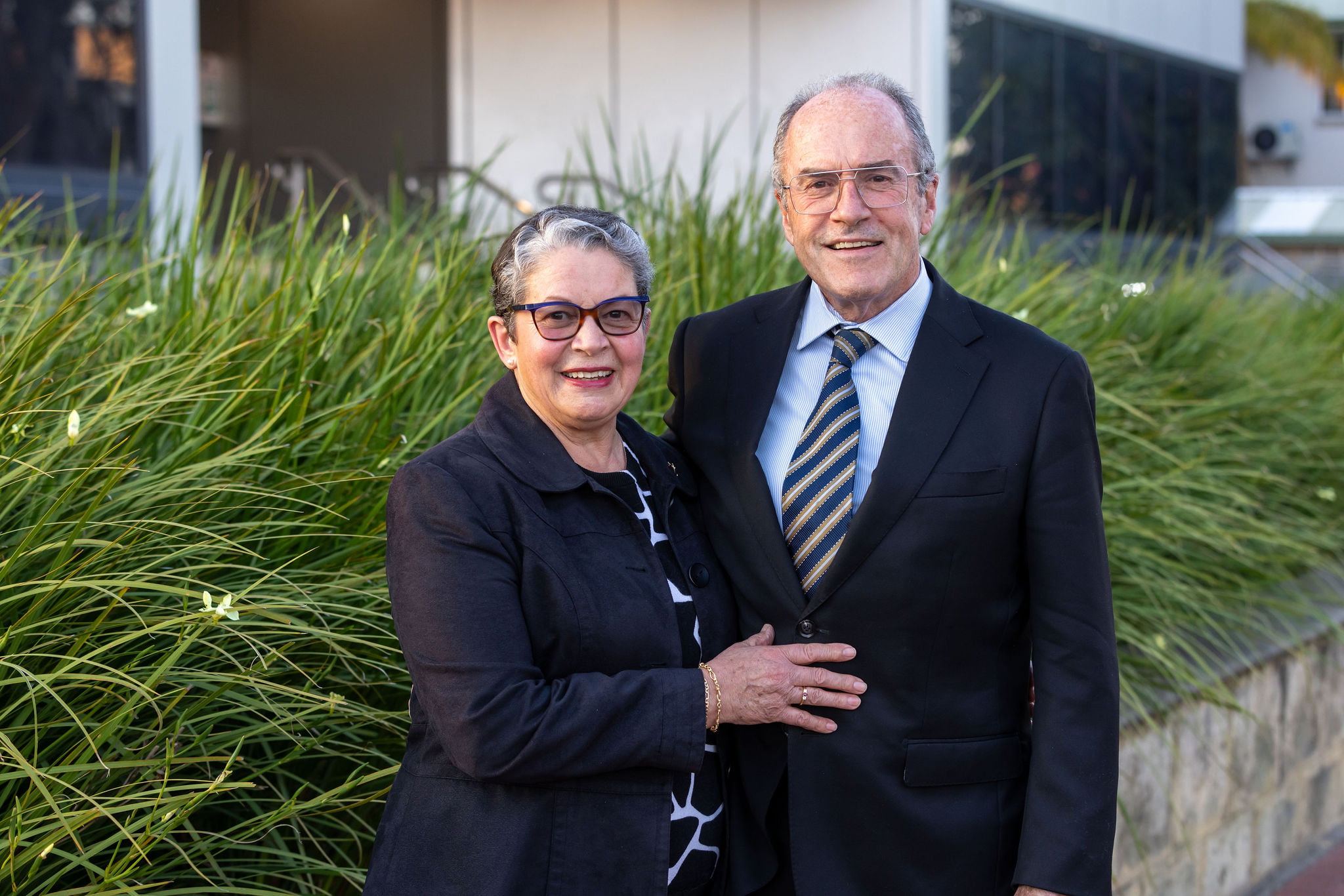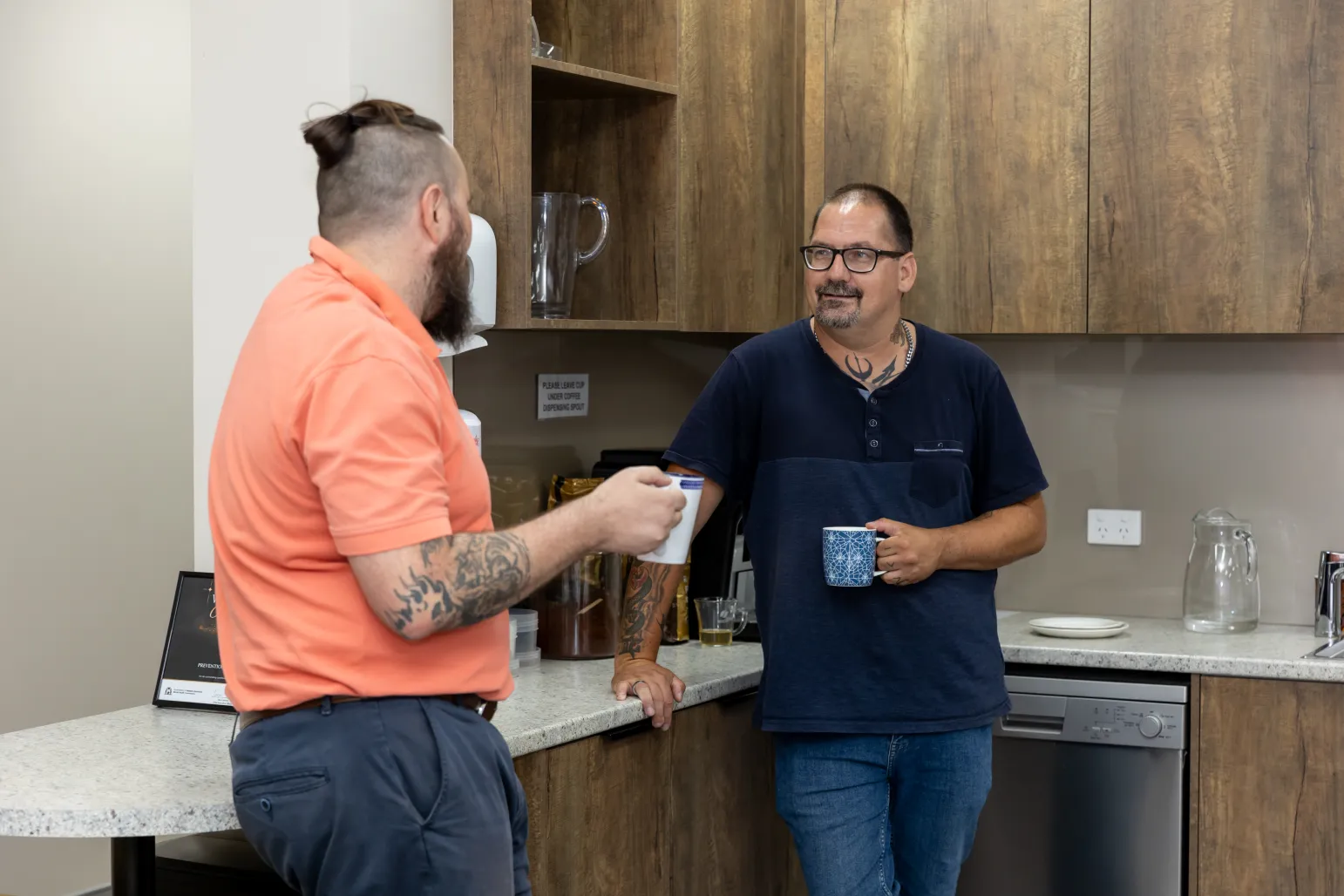Aftercare Co-ordinator: Suicide Prevention and Postvention
For: Adults Prevention
Available in: Wheatbelt
Our Aftercare Co-ordinator Service provides a vital link between hospital and community-based services for people in the Wheatbelt who have survived suicide or for anyone experiencing suicidal thoughts (without immediate intent). This service is a cornerstone of suicide prevention in our region, fostering safety, connection, and recovery.
The period after discharge from hospital following a suicide attempt is often a vulnerable time. Our Aftercare Co-ordinator Service is here to provide standby support after suicide has been attempted by encouraging and facilitating connections with purposeful care and support networks. Key components of our program include:
Safety planning to help manage risk and promote well-being.
Understanding the intricate relationship between mental health and attempted suicide is crucial in our efforts to prevent suicide and provide effective support. Mental health conditions, such as depression, anxiety, bipolar disorder, and post-traumatic stress disorder (PTSD), can significantly increase the risk of suicidal thoughts and behaviours. Research consistently shows that individuals grappling with these conditions are more likely to experience suicidal ideation and may attempt suicide.
However, it’s important to recognise that mental health conditions are not the sole cause of suicide. Many individuals with mental health conditions do not experience suicidal thoughts or behaviours, and conversely, many individuals without diagnosed mental health conditions can still face suicidal ideation. This complexity underscores the need for comprehensive mental health support and suicide prevention efforts that address a wide range of factors.
Our trauma-informed approach, led by lived experience, prioritises participants’ voices and creates personalised ongoing support pathways.
We actively encourage participants to seek help and offer several ways for people to check in, discuss risk, celebrate progress and address any emerging challenges. Our team is available on the phone if participants are feeling isolated or need support to move safely through more minor day-to-day stressors and foster ongoing connectedness.
Participation is completely voluntary, and we employ a flexible, courageous and all-inclusive approach to building environments of safety, connection and empowered personal growth.
Importantly, we strive to promote positive experiences that are restorative. By fostering self-empowerment and promoting innovative sharing opportunities, we aim to restore the power imbalance that people often experience through more traditional models of care. We think about this in terms of:
You are amazing in everything you do … I have never felt safer in my life.
Thank you … you do a lot for my mental health … I live for these moments … that’s what gives me confidence to keep going.
Thanks for reminding me. You’re my champion.
We actively promote equity, value diversity and invite everyone with lived experience of suicide to speak their truth, safe in the knowledge we are listening with compassion. In this way, participants gain valuable insights into the factors associated with the highly personal human experience of profound emotional and psychological pain. The benefits include (but aren’t limited to):
We also encourage participants to nominate significant others, including partners, family, and carers, to be involved in their journey with us. Doing so can provide additional benefits, including different perspectives, emotional and practical support, and a greater sense of community, worth, purpose and support during critical times.
WAPHA (WA Primary Health Alliance) funds the Aftercare Co-ordinator program. We accept referrals from hospitals, GP clinics and community mental health services.
For more information on suicide prevention help, please email wcads@holyoake.org.au or call 08 9621 1055.

Peer-group support program for parents coping with the impact of their child’s alcohol or drug…
Read more about
Holyoake now offers targeted mental health training across regional WA – equipping farmers, families, frontline…
Read more about
Male peer-group support programs that help individuals address alcohol or drug use and its impact…
Read more about